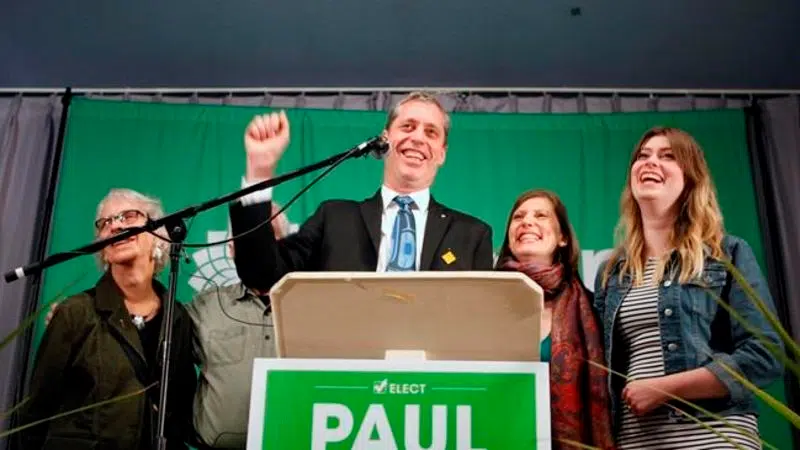
Climate change driving voters’ decisions at ballot box, winning Greens say
OTTAWA — The Green Party of Canada’s newest MP says the spring floods in eastern Canada contributed to his win in Monday’s byelection on Vancouver Island.
The connection: concerns about climate change are becoming a bigger and bigger influence at the ballot box, Paul Manly said in an interview the day after.
Manly blew away the traditional parties in the race to fill the seat in Nanaimo-Ladysmith, finishing 5,000 votes ahead of the Conservative. The NDP, who won the riding in 2015, finished a distant third and the governing Liberals placed fourth.
